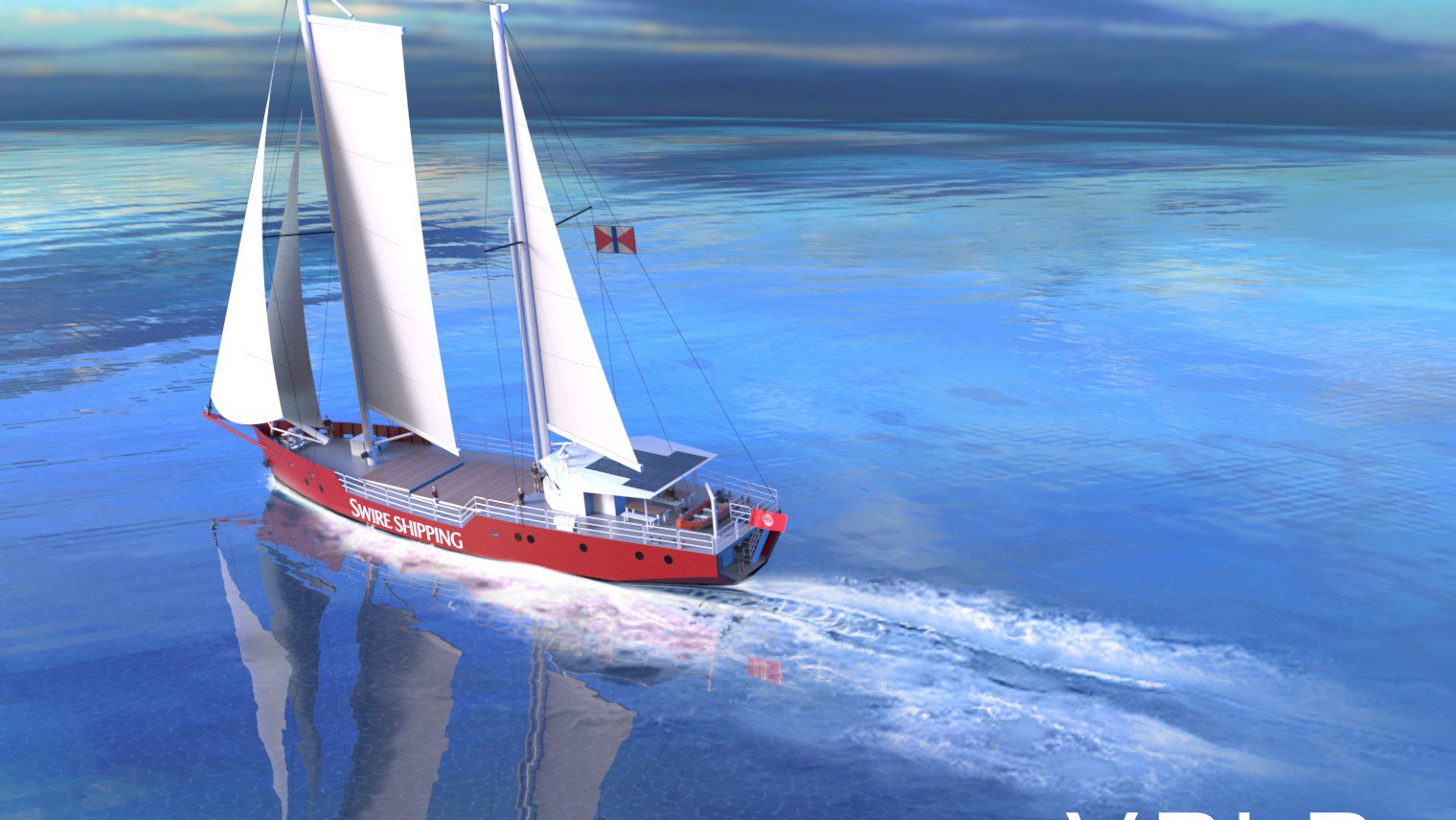The Cerulean Project

Project Cerulean is a joint research and development collaboration between Project Partners: Swire Shipping and the University of the South Pacific’s Micronesian Center for Sustainable Transport, and representing around GBP 4m in targeted investment from Swire Shipping.
Project Cerulean is relevant to the following elements of the UK government's ten-point plan for a green industrial revolution:
4. accelerating the shift to zero emission vehicles/vessels,
6. ‘jet zero’ and green ships,
9. protecting our natural environment,
10. green finance and innovation
The Project Cerulean Case Study serves as one highlighted pilot project for implementation of the Pacific Blue Shipping Partnership, spearheaded by the Governments of Fiji and the Republic of the Marshall Islands at the International Maritime Hub during COP26 in November.
- Project Cerulean is a joint research and development collaboration between Project Partners: Swire Shipping and the University of the South Pacific’s Micronesian Center for Sustainable Transport, and representing around GBP 4m in targeted investment from Swire Shipping.
- Building upon mature Wind-Assisted Ship Propulsion (WASP) technology, the pilot vessel is targeted to deliver GHG emission savings more than 25% during its operational trials.
- Post conclusion of construction in Q3 2022, the vessel will undertake two-years of proving trials servicing outer island communities in Pacific Island Countries. If operations prove the concept to be technically and commercially viable, additional vessels may be ordered to service other identified routes where needs are also insufficiently met by existing logistics and market constraints. This expansion of the project will aid meeting the 40% decarbonisation targets set for 2030 by Pacific Blue Shipping Partnership countries.
- Phase One of Project Cerulean has been completed, yielding the evaluations of transport work requirements, priority routes, and design specifications required to meet the unique needs of the region. These have been consolidated in a Business Case & Operational Plan, which has informed full-build design efforts and planning for Phase Two (now underway.)
- Project partners are committed to 100% decarbonise by 2050, exceeding the IMO targets referenced in the Clean Maritime Plan, and meeting the commitment to 'net zero' by 2050, in the UK Climate Change Act, as amended in 2019.
- Project Cerulean has helped draw a focus on the disparity in both the level of service and costs faced by outer island communities, which is in turn leading to depopulation as younger inhabitants migrate to the more-populated main island communities, and the broader need for case-specific decarbonising solutions to meet the needs of Pacific Island Countries. It has also yielded important information on trade flows and volumes between islands and the need to restore industrial maritime industry capacity in the region to meet domestic shipping (cabotage) requirements.
- Vessel construction and operational trials are expected by end 2022 and 2024 respectively. Comprehensive monitoring, reporting, and verification of project inputs, results, and associated emissions, socio-economic/environmental outcomes to be released in both academic and industry publications upon completion. Potential for scaling up and replication in a potential Phase Three will then be explored.
- The immediate impacts of improved trade to outer island communities should be apparent soon after the end of 2022 when voyages commence. The opportunity for targeted marine research and maritime sector training is expected to deliver a range of both environmental and socio-economic benefits to the Pacific Island Countries participating in the project.
